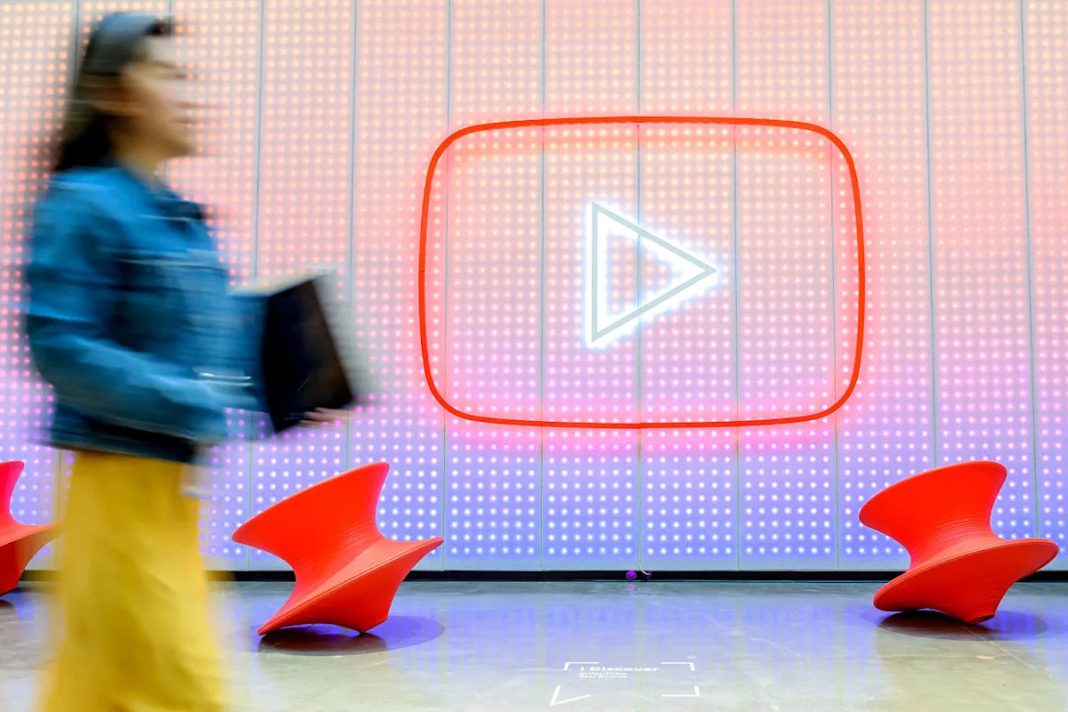In the immediate aftermath of the Jan. 6 attack, Donald Trump was short on friends. Congressional Republicans kept their distance; businesses denounced the political violence he instigated; and tech giants scrambled to take down his accounts, fearing that the outgoing president might use their platforms to further destabilize the United States.
That included YouTube, which banned Trump in the immediate aftermath of his riot at the Capitol, concluding that his channel raised “concerns about the ongoing potential for violence.”
The Republican’s account was reinstated in 2023, but he nevertheless proceeded with a lawsuit against YouTube and its parent company, Alphabet’s Google. This week that case was resolved with a settlement. NBC News reported:
YouTube said Monday it would settle a lawsuit brought by President Donald Trump for more than $24 million, adding to a growing list of settlements with tech and media companies that have amassed millions of dollars for Trump’s projects. … A notice of settlement for Trump’s lawsuit against YouTube details that $22 million of it will go toward building a new White House ballroom.
Soon after the settlement agreement was announced, the president mocked YouTube online and said the 2021 ban was “illegal.” (It was not and the legal dispute was a civil case, not a criminal one.)
Mark Graber, a professor at the University of Maryland’s Carey School of Law, told The Wall Street Journal, “There is a reason to settle, but it has little to do with the law. The present Supreme Court doctrine is very clear that private companies need not give anyone a right of access.”
But, Graber added, major companies that are regulated by the Trump administration have a corporate motivation to resolve these disputes: “If you’re Meta or Google, $25 million is lunch money. It is probably worth $25 million in lunch money to make this go away.”
That detail helps summarize why there have been so many of these settlements in response to Trump’s weak civil suits, including $25 million from Meta, roughly $10 million from the company formerly known as Twitter, $16 million from Paramount Global and $16 million from ABC/Disney.
In each instance, Trump filed dubious lawsuits. In each instance, legal experts offered public commentary that suggested the cases were likely to fail. In each instance, the companies wrote eight-figure checks anyway.
People who know me often ask whether or not I’m surprised by what Trump and his team have done this year. The answer, in general, is no: I’ve been a little surprised by the speed at which the president and his operation have advanced — traditionally, the authoritarian model doesn’t move quite this quickly — but Trump ran on a radical and undemocratic platform, and he’s now executing those plans.
What I have been surprised by is how the eager the elite institutions are to appease the president, as law firms, universities and corporate giants capitulate at every turn.
“One by one, American leaders supposedly committed to principles of free speech, due process, democracy, and equality have abandoned those ideals when menaced by the Trump administration,” The Atlantic’s Adam Serwer summarized last week. These cascading acts of cowardice from the people best positioned to resist Trump’s authoritarian power grabs have made Trump seem exponentially more powerful than he actually is, sapping strength from others who might have discovered the courage to stand up.
“Defending democracy requires a collective refusal to acquiesce to lawless behavior from many different sectors of society. All of these powerful people trying to save their own skin have effectively multiplied Trump’s attacks on constitutional government, by enhancing a false sense of inevitability and invincibility,” Serwer added.
Former Vice President Kamala Harris told Rachel Maddow last week, “I always believed that if push came to shove, those titans of industry would be guardrails for our democracy, for the importance of sustaining democratic institutions.” I believed that, too. But fear among executives who’ve come to expect politicized agencies and administrative corruption has brought us — swiftly — to this unexpected point.
This article was originally published on MSNBC.com

